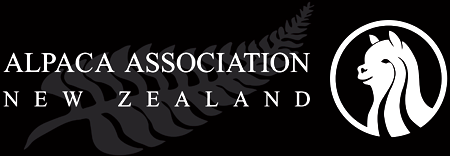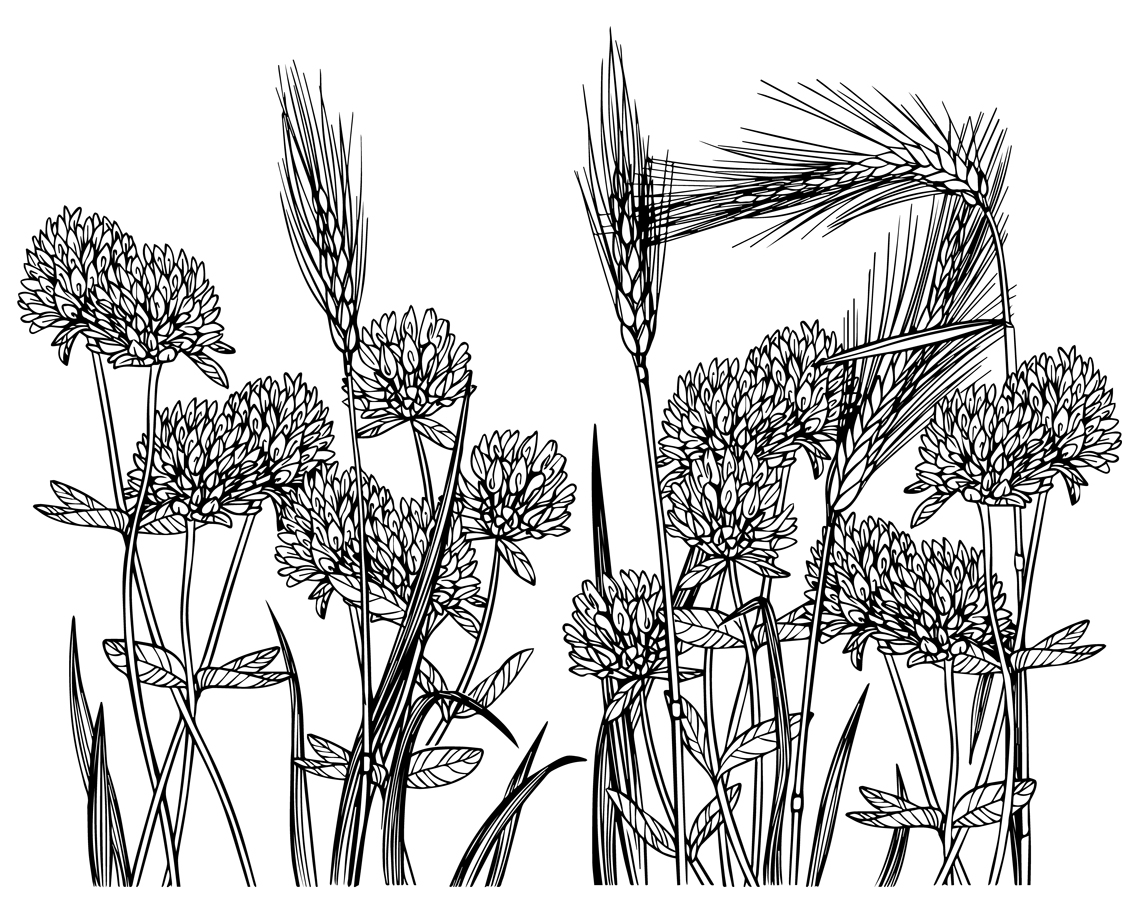Biosecurity - Everyone's Responsibility
by Chris Leach
Living on a couple of relatively small islands in the middle of the Pacific does have a couple of drawbacks when it comes to dealing with the rest of the world but one significant plus is that our isolation has meant we have been protected from a myriad of highly infectious exotic diseases such as Foot and Mouth, Bluetongue, West Nile Virus and Rabies. Our health status is the envy of many countries around the world because having such good animal health provides us with relatively easy market access to many countries for our agricultural products. The Ministry of Primary Industries invests heavily in protecting our boarders; their job is to help prevent the incursion of exotic diseases and pest by monitoring our airports and shipping ports. However, there are a couple of health and pest issues we face within New Zealand and as animal owners there are a few simple things that we can do to help protect the health of our animals and those belonging to others. When it comes to biosecurity we are talking about the prevention or spread of unwanted pests, diseases and weeds. Biosecurity is everyone’s responsibility and if we all do our part we can minimise the risk.
Simple Steps to Biosecurity
OBSERVATION
If you see anything unusual, a new plant, a bug you have never seen before or if your animals are showing strange symptoms, tell-someone. Not only is it the right thing to do to protect you and your animals, it is your legal responsibility. Talk to your vet and/or call the MPI pest and disease hotline on 0800 80 99 66. The incursion of a new pest or disease could be crippling for our agricultural or horticultural industries or in some cases may even have far reaching human health consequences. Identifying the risk and acting quickly to contain that risk is essential.
INTRODUCING NEW ANIMALS TO THE FARM
Animals coming on to your farm could have potentially been exposed to a range of different pathogens, weeds or parasites. The use of a quarantine area is a simple and effective way of allowing animals time to pass weed seeds and provide time for you to observe the animal’s health before they join the main herd. Where practical, confining animals in a small paddock for 10 days post arrival is sufficient. This doesn’t mean complete isolation which causes stress, having another animal as a pen mate or nose to nose contact with other alpacas across a fence is fine.
Keep a close eye on your quarantine area and spray decaying dung patches to control germinating weeds, this will reduce the risk of introducing new unwanted weeds onto your property. If you are adding to your herd by purchasing animals, ask around and buy from a trusted source. Arrange with the vendor have the animals health checked and wormed with an effective wormer before they leave their property.
SELLING OR TAKING YOUR ANIMALS OR TAKE ANIMAL EQUIPMENT OFF YOUR FARM
If you are selling animals, particularly if you are selling to new breeders, ‘do your bit’ to ensure that you are not passing on any issues with the animals. As part of your sales agreement include a health check, worm and vaccinate the animals before they leave your farm and provide a record of what you have used and when. Likewise if you have females heading away for mating, worm them with an effective anthelmintic before they leave.
If you are taking equipment or have soiled boots/overalls clean them before you leave the farm, soap, water and sunlight will reduce most bugs.
The use of anti-viral agents such as “Citrox” or “Virkon” adds another level of assurance and should be used if you have a known risk on farm.



